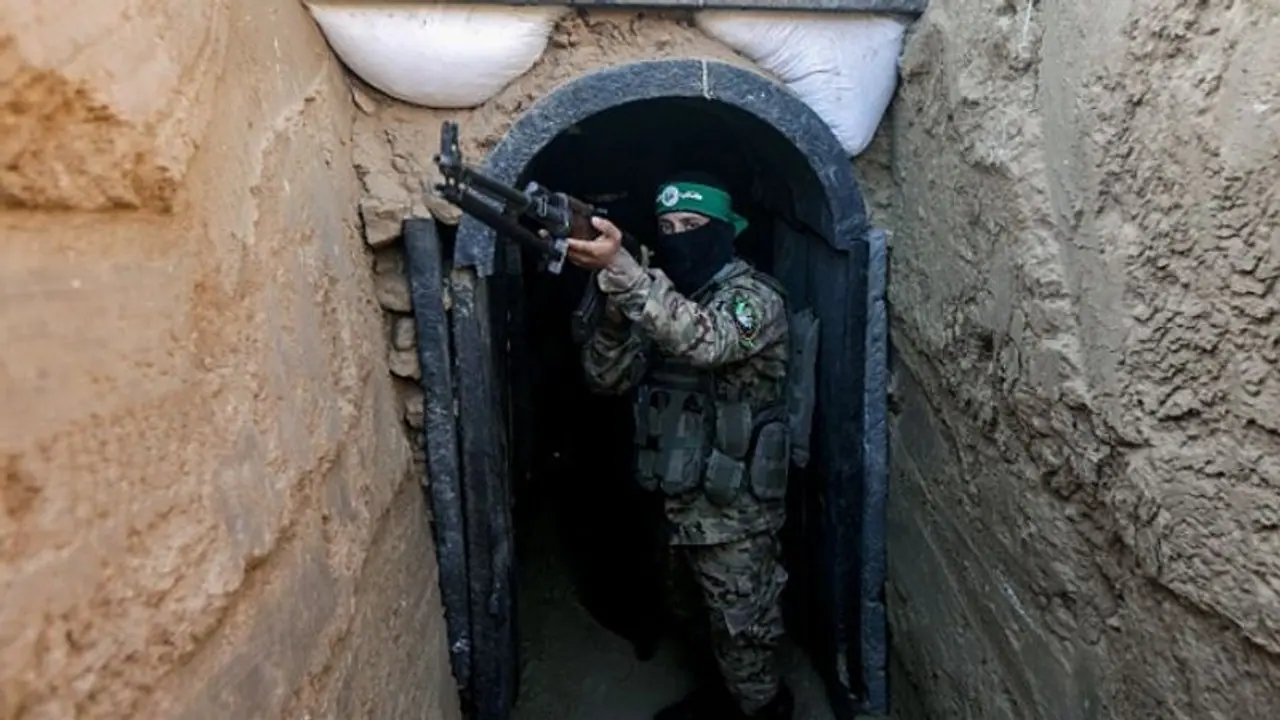The study, published in the SSRN journal by Robert J. Jackson, Jr. and Joshua Mitts, points to the possibility that individuals with advance knowledge of the October 7 Hamas attack engaged in short selling of Israeli companies in the days leading up to the massacre.
A recent study conducted by researchers from the New York University School of Law and Columbia Law School has revealed that the Hamas terror group might have sought financial gain from its October 7 assault on Israel. The study, published in the SSRN journal by Robert J. Jackson, Jr. and Joshua Mitts, points to the possibility that individuals with advance knowledge of the attack engaged in short selling of Israeli companies in the days leading up to the massacre.

“We document a significant spike in short selling in the principal Israeli-company ETF days before the October 7 Hamas attack,” the paper said.
“The short selling that day far exceeded the short selling that occurred during numerous other periods of crisis, including the recession following the financial crisis, the 2014 Israel-Gaza war, and the COVID-19 pandemic. Similarly, we identify increases in short selling before the attack in dozens of Israeli companies traded in Tel Aviv,” it noted.
Short selling involves a trader borrowing shares in a specific company and selling them with the expectation that the stock price will decrease. The trader can then repurchase the shares at a lower price, making a profit from the price difference.
“For one Israeli company alone, 4.43 million new shares sold short over the September 14 to October 5 period yielded profits (or avoided losses) of 3.2 billion NIS ($740 million) on that additional short selling,” the paper said.
While the study did not observe an aggregate increase in shorting of Israeli companies on US exchanges, it did identify a sharp and unusual increase in trading of risky short-dated options on these companies just before the attacks.
“Although we see no aggregate increase in shorting of Israeli companies on US exchanges, we do identify a sharp and unusual increase, just before the attacks, in trading in risky short-dated options on these companies expiring just after the attacks,” it added.
These findings raise concerns about the potential exploitation of market information by those with advance knowledge of security incidents, emphasizing the need for vigilant monitoring and regulation to ensure the integrity of financial markets during periods of geopolitical tension.
